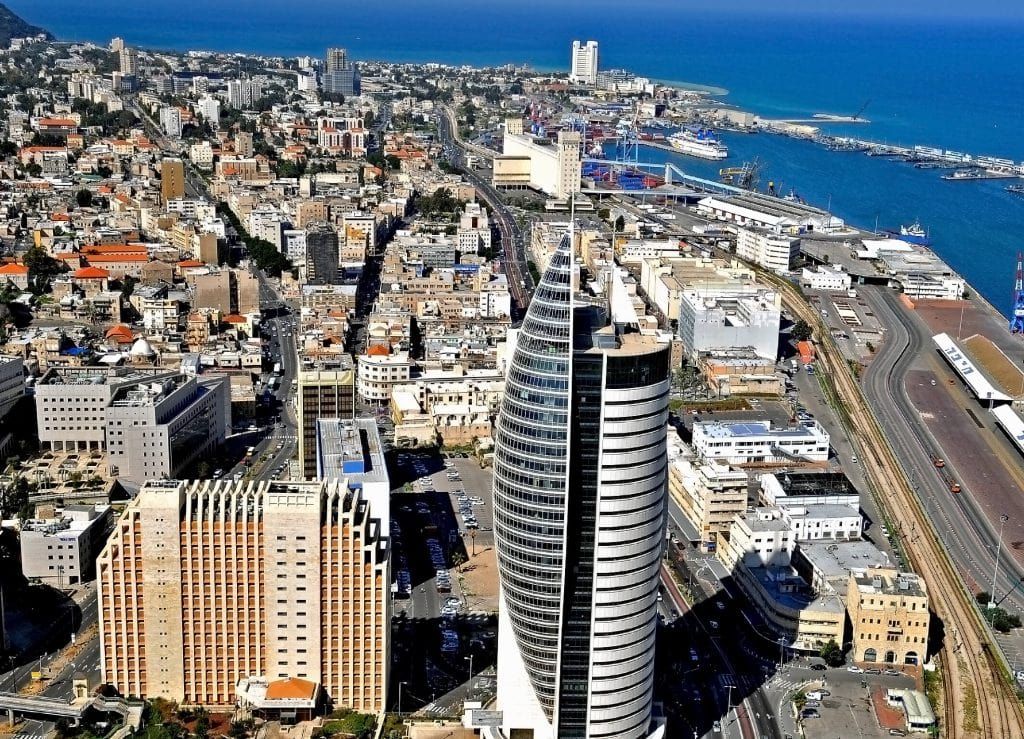In any debate, opinions must be based on factual reality, not myths: a professional obligation the New York Times must pay attention to when it publishes an opinion piece such as this one by Palestinian-Israeli writer Sayed Kashua.
This month Israel passed the “Nation State Law,” which among other things, officially declares that Israel is the nation state of the Jewish people. This law has generated support, opposition and legitimate debate both at home and abroad.
Here are a five myths written by Kashua along with the basic the fact checking the NYT should have done in the first place.
Join the fight for Israel’s fair coverage in the news
When you sign up for email updates from HonestReporting, you will receive
Sign up for our Newsletter:
Join the fight for Israel’s fair coverage in the news
Myth #1: “[Israel is] a country where Jews enjoy rights that others don’t have.”
Fact: While Israel struggles with the same tensions as any ethnically diverse democracy, all citizens have equal rights under law.
***
Myth #2: “A state in which Judaism is the only national expression permissible by law will, by definition, reject any minority member who wishes to be part of it…”
Fact: It is unclear to which “definition” Kashua is referring, but many countries have an official religion, ethnicity, or people-hood without rejecting minorities: such as Norway, Sweden, France, Germany, Japan and many more.
***
Myth #3: “The Nationality Law prevents the possibility of multiculturalism in Israel and rejects any collective history or memory other than the Zionist one.”
Fact: Israel expresses multiculturalism and varieties of collective histories in its literature, museums, social/environmental projects and more. This is unchanged by the passage of the Nation State Law.
***
Myth #4: “…the 20 percent of the population who are Arabs and who live in crowded conditions, under continuous threat of having their land appropriated.”
Fact: This is simply untrue.
Kashua is referring specially to Arab-Israeli citizens: not Palestinians who live in disputed territories such as the West Bank and Gaza.
In some communities, Arab residents complain about inequality in municipal services, permitting and the like. However, most Arab-Israeli citizens live in well established, spacious, modern cities: such as Haifa, well restored ancient ones such as Acre, or firmly established towns, such as Abu Gosh.

Myth #5: “By revoking Arabic’s status as an official state language, the law delivers yet another blow…”
Fact: Arabic’s status is entirely unchanged: it always had a special status, but was never an official national language, of Israel.
A common confusion results from a 1948 Israeli law (based on a 1922 British law) that requires the use of Arabic and Hebrew on government documents, signs and the like, but does not designate either as an official national language.
The 1948 law is still in effect, and the relevant section of the Nation State Law specifically provides that, “This clause does not harm the status given to the Arabic language before this law came into effect.”
***
Sayed Kashua engages in numerous other distortions of fact: confusing or conflating unrelated topics, misstating international law and more. The late senator Daniel Patrick Moynihan said “Everyone is entitled to his own opinion, but not to his own facts” and that is true of the New York Times opinion section too.
Please share your considered comments the New York Times at
You can contact us on Twitter: @HonestReporting or talk to the author directly: @DanielSpeaksUp
Image: Haifa via Wikimedia Commons


